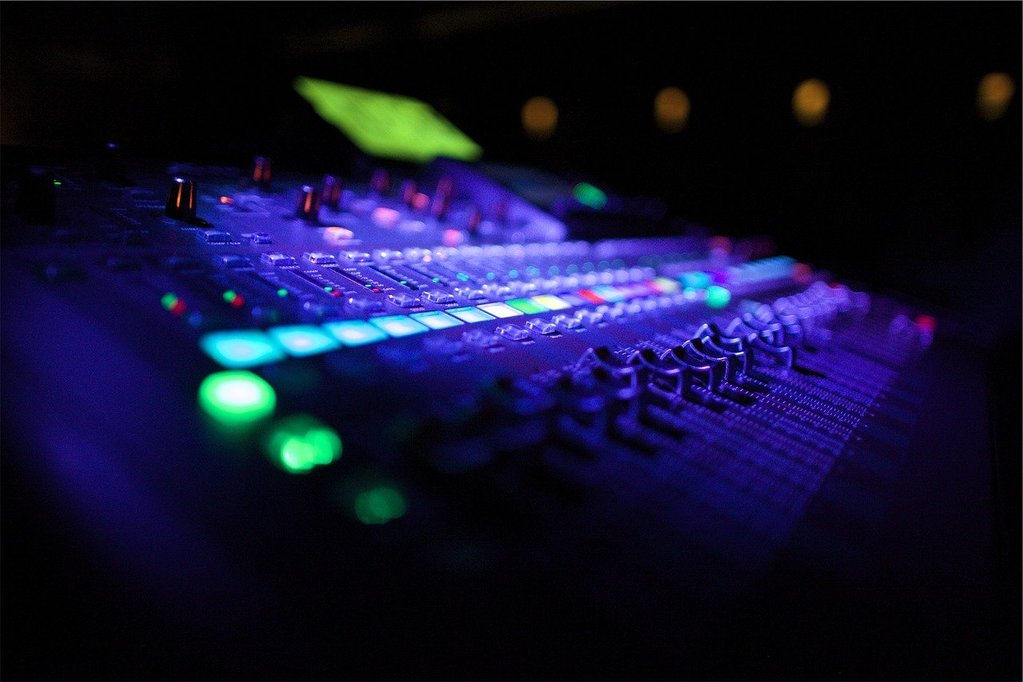The advent of technology has brought about a significant transformation in various industries, and the music industry is no exception. Technological advancements have revolutionized the way music is created, distributed, and consumed, leading to an era of unprecedented accessibility and innovation. This revolution has fundamentally altered the landscape of the music industry, offering both opportunities and challenges to artists, producers, and listeners alike.
Technological Advancements Transforming the Music Industry
The integration of technology in the music industry has led to remarkable changes in several key areas. One of the most notable advancements is in the realm of music production. Modern digital audio workstations (DAWs) have replaced traditional recording studios, allowing artists to produce high-quality music from virtually anywhere. These software programs offer a vast array of tools and effects that were once only available in professional studios, democratizing music production.
Additionally, the rise of streaming platforms has drastically changed how music is distributed and consumed. Services like Spotify, Apple Music, and YouTube have made it easier than ever for listeners to access a global library of music with just a few clicks. This shift has not only increased the availability of music but has also changed the economic dynamics of the industry, with streaming revenues now playing a significant role in artists’ incomes.
The impact of social media cannot be overlooked either. Platforms like Instagram, TikTok, and Twitter have become essential tools for artists to promote their music and engage with their fans. Social media allows for direct interaction between artists and listeners, fostering a sense of community and immediacy that was previously unattainable.

The Role of Artificial Intelligence in Music
Artificial Intelligence (AI) is another groundbreaking technology that is reshaping the music industry. AI-driven tools are now being used to compose music, analyze trends, and even predict hits. Companies like Amper Music and OpenAI have developed AI systems capable of creating original compositions, which can serve as a valuable resource for artists seeking inspiration or looking to streamline their creative process.
AI is also enhancing the listening experience through personalized recommendations. Algorithms analyze user preferences and listening habits to curate playlists tailored to individual tastes, making music discovery more intuitive and enjoyable. This technology not only benefits listeners but also helps artists reach new audiences by suggesting their music to potential fans who might not have discovered it otherwise.
Blockchain and Its Impact on Music Rights and Royalties
Blockchain technology is poised to address longstanding issues related to music rights and royalties. By providing a decentralized and transparent ledger, blockchain can ensure that artists receive fair compensation for their work. Smart contracts can automate royalty payments, reducing the risk of human error and ensuring that payments are made promptly.
Additionally, blockchain can help protect intellectual property by providing a verifiable record of ownership and usage rights. This technology can significantly reduce piracy and unauthorized use of music, offering a more secure and equitable system for artists and rights holders.
Here are some key benefits that technology has brought to the music industry:
- Enhanced accessibility: anyone with a computer can produce and distribute music.
- Global reach: artists can connect with fans worldwide through streaming platforms and social media.
- Data-driven insights: aI and analytics provide valuable insights into listener behavior and trends.
- Fair compensation: blockchain ensures transparent and timely royalty payments.
Challenges and Considerations
Despite the many advantages technology offers, there are also challenges to navigate. The ease of music production and distribution means that the market is saturated, making it harder for new artists to stand out. Additionally, the shift to streaming has raised concerns about the fairness of compensation, with many artists arguing that they receive insufficient revenue from these platforms.
There is also the issue of data privacy and security. As technology collects vast amounts of data on listeners, ensuring this information is used ethically and protected from breaches is paramount. Artists and consumers alike must be aware of how their data is being used and take steps to safeguard their personal information.
The Future of Music in a Technological World
Looking ahead, the fusion of technology and music will continue to evolve. Innovations such as virtual reality (VR) and augmented reality (AR) are already beginning to shape the future of live performances, offering immersive experiences that blend the physical and digital worlds. As these technologies become more accessible, they will undoubtedly open new creative avenues for artists and enhance the way audiences experience music.
Moreover, advancements in AI will likely lead to even more sophisticated music creation tools, pushing the boundaries of what is possible. The potential for collaboration between human artists and AI promises to yield new and exciting forms of music that challenge traditional genres and conventions.
In conclusion, technology is not just a tool for the music industry; it is a driving force that is continually redefining the boundaries of creativity and commerce. Embracing these technological advancements while addressing the accompanying challenges will be key to thriving in this dynamic landscape.
